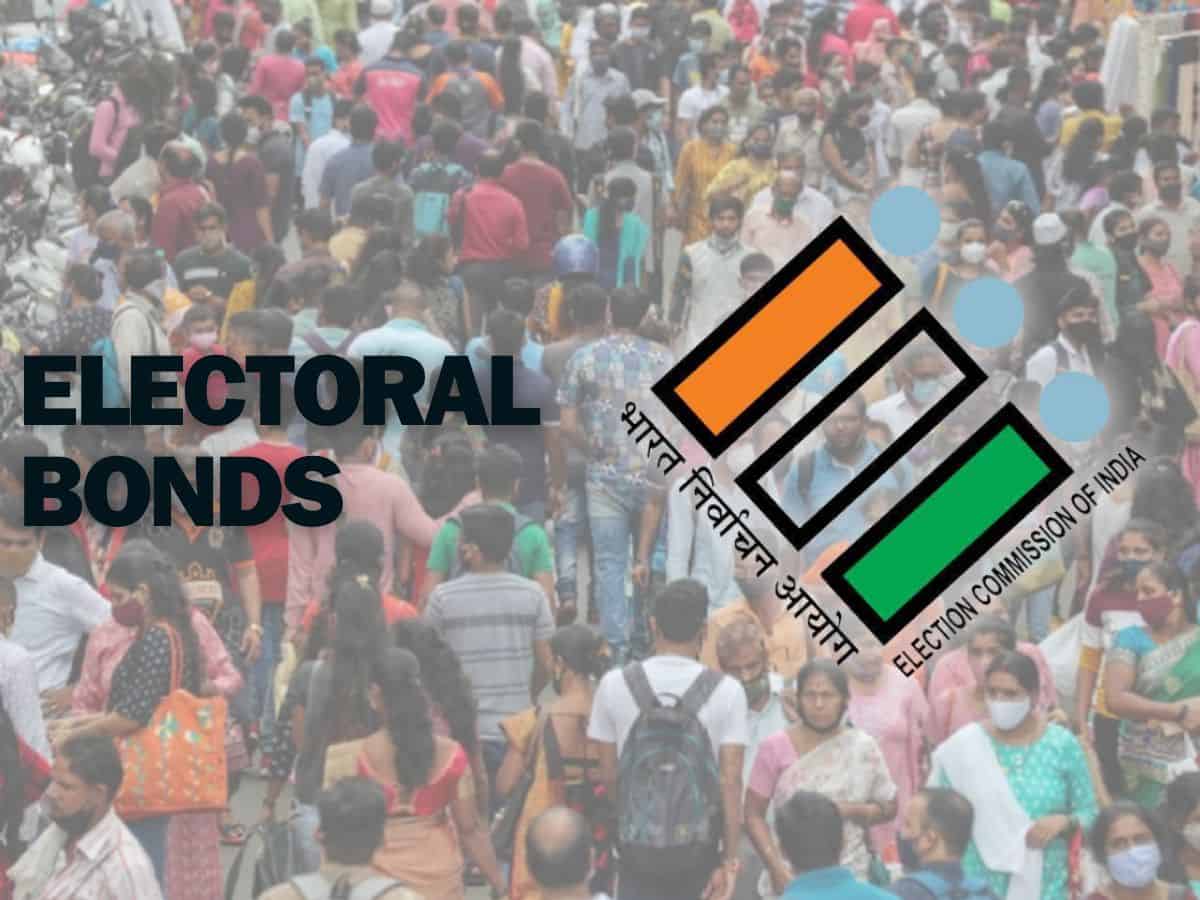
According to the International Foundation for Electoral Systems, (a global non-profit organization engaged in promoting sustainable democracy that includes electoral integrity and citizen participation),“political finance” refers to the financing of political parties’ regular activities, the raising and spending of money by parties, candidates, and non-contestants for election campaigns, and the regulation and disclosure of this funding and expenditure.
Corporate funding has long been a major financial source for political parties in India, tracing back to the freedom movement. During the first half of the 20th century, the corporate sector actively supported India’s quest for economic and political independence. The Birlas notably contributed to the Indian National Congress, and post-independence, the business community gained influence over Congress government policies regarding economic regulation.
From 1947 to 1990, there was a shift in political party financing in India from traditional membership dues to corporate contributions, often exchanged for regulatory favours. This institutionalisation raised concerns about the connection between black money and political funding, notably highlighted by the Santhanam Committee report in 1964 and the Wanchoo Direct Taxes Inquiry Committee in 1971. In 1969, then Prime Minister Indira Gandhi banned corporate donations, leading to the rise of “briefcase politics” involving large sums of black money transferred to the Congress party. The ban was lifted in 1985, and since post-liberalisation, there has been a significant surge in corporate funding through various channels including direct contributions and innovations like electoral trusts.
Legislation has allowed 100% tax-deductible donations to parties, with mandatory disclosure of amounts exceeding Rs 20,000. In 2013, an amendment to the Companies Act increased the corporate donation limit from 5% to 7.5% of the average net profits earned in the previous three years, expanding corporate contribution potential.
Electoral trusts are trusts set up by companies which can receive donations from other companies and individuals. There were trusts that already existed in the 1990s but it was only in 2013 that the Electoral Trust Scheme subjected trusts to certain regulations such as the transparency rules which made disclosure of donor details mandatory.
In 2017, the government introduced electoral bonds as a reform to enhance political funding transparency. Despite claims of promoting “white money” donations, these bonds, along with amendments like eliminating caps on corporate giving and disclosing their political contribution in their profit & loss statement, have fostered opacity.
Why is transparency vital in corporate funding? Money plays a crucial role in politics, to communicate the political party’s ideology, plans, and at the same time listen to citizens’ needs from the government. So, although money is necessary to ensure the continuation of the democratic process, the concentration of resources in the hands of a few can undermine the essence of democracy.
If financing of Indian political parties and their campaigns are not regulated, it opens the door for powerful interests to manipulate the political system. For instance, the elected party may favour corporations that funded their campaigns, disadvantaging their opponents. This dynamic, particularly prevalent in high-spending sectors like infrastructure, risks the formulation of policies that undermine public interest, eroding trust in government, and hindering inclusive growth.
In many countries, money is perceived as having undermined the government decision-making process, which has led to low levels of trust in the government. The 2013 Edelman Trust Barometer measured the state of public trust around the world by exploring trust in institutions, industries, leaders and the impact of recent crises in the banking and financial service sectors. The trust found that 52% of the respondents surveyed in 26 countries distrusted the government. One of the key reasons for the distrust was “wrong incentives driving policies” and “corruption/fraud.”As per the 2023 Edelman Trust Barometer report, business is the sole competent and ethical institution. Government is a neutral institution, neither trusted nor distrusted. However, for Indian respondents, both the business and the government were seen as trusted institutions.
In light of the recent banning of electoral bonds by the Supreme Court, it is imperative for the Indian government to make sure that policies are fair and trustworthy, so people can have confidence in them. OECD has identified five main areas that are crucial for building trust in public institutions: integrity, fairness in making public policies, being open and including everyone, being reliable, and being responsive. The first three areas—integrity, fairness, and openness—are especially important when it comes to funding democracy. This means making sure everyone has a fair chance to influence decisions, and that all the necessary information is available for people to take part. It is also important to make sure the people making decisions are honest, so policies are based on what is best for everyone, not just the interests of those who can afford to donate a lot of money to politics. So, trust in government is not just about the results of policies, but also about how those policies are influenced and made.
Regarding regulations for corporate funding in India, there should be stringent regulations regarding donations, caps on donation amounts and expenditure limits, and transparency of donors.
Apoorva is a Research Associate at the Centre for Development Policy and Practice (CDPP). She has a Master’s degree in Economics from the Jindal School of Government and Public Policy. Her areas of research include development economics, education, and gender.
